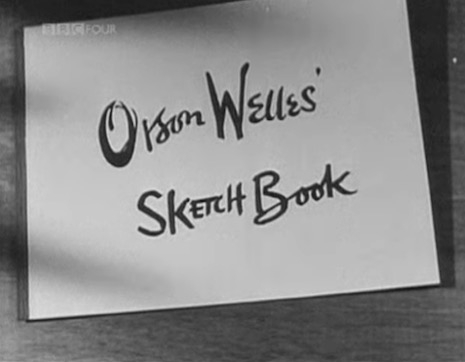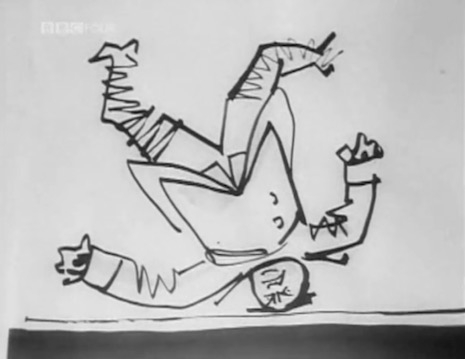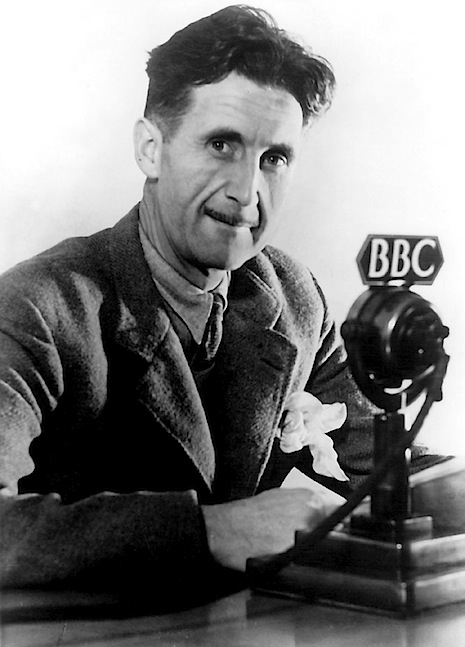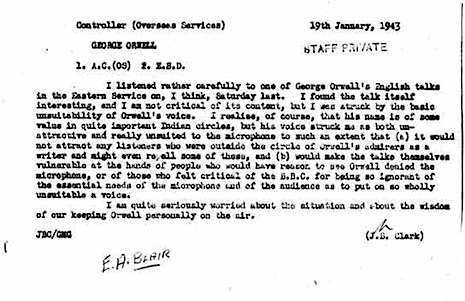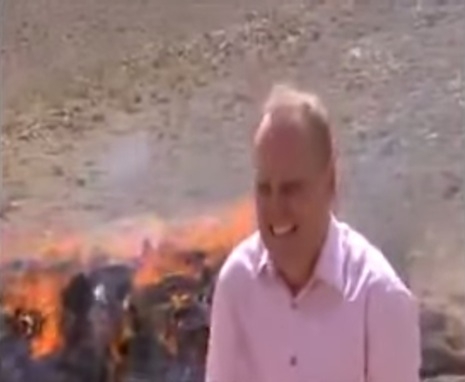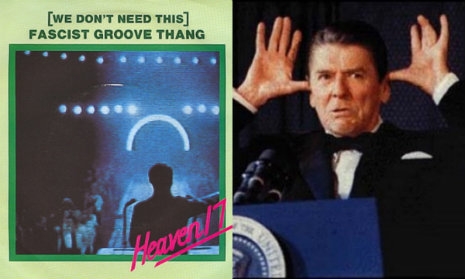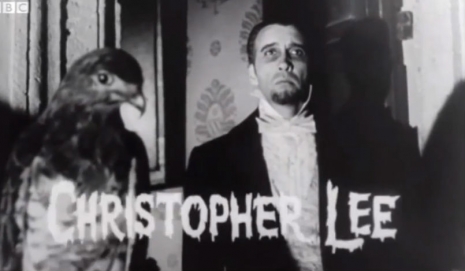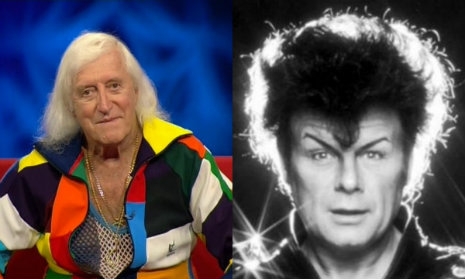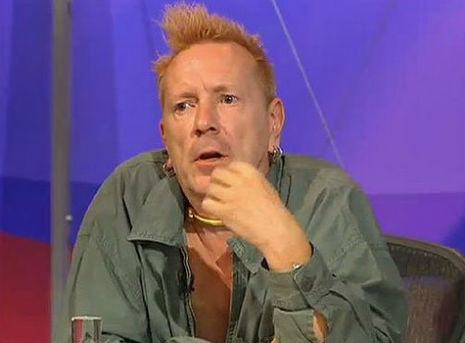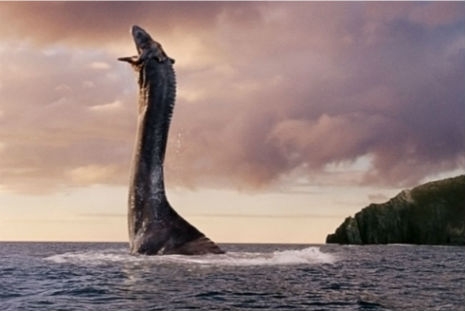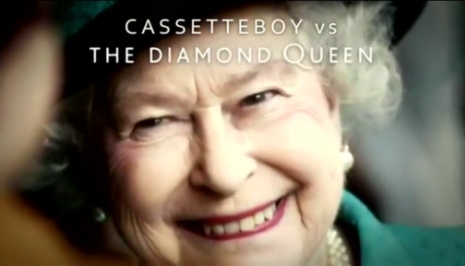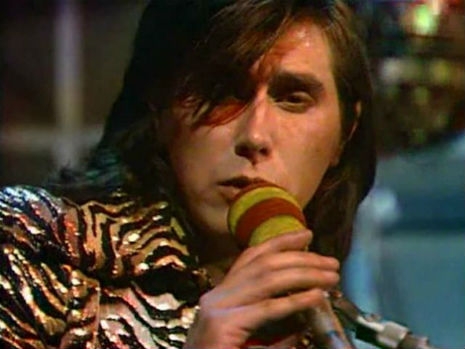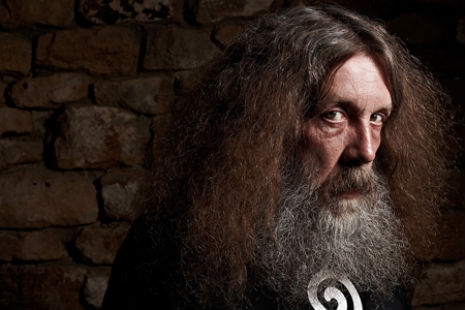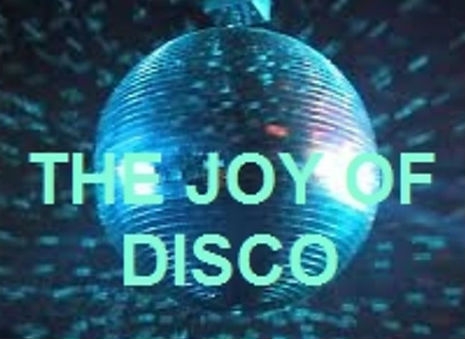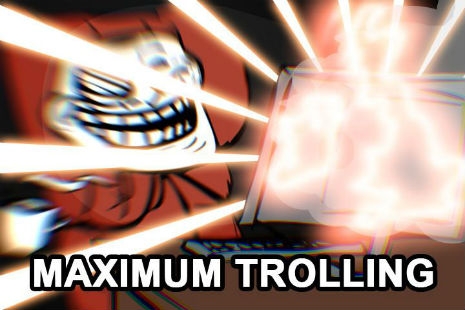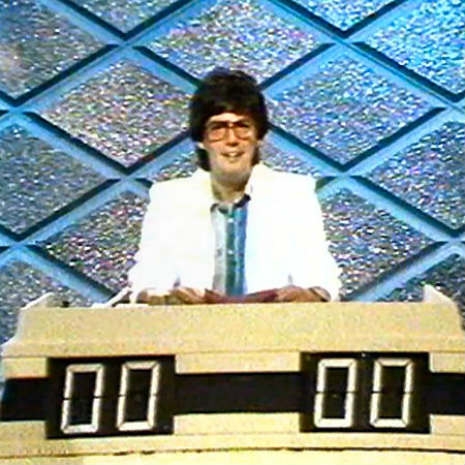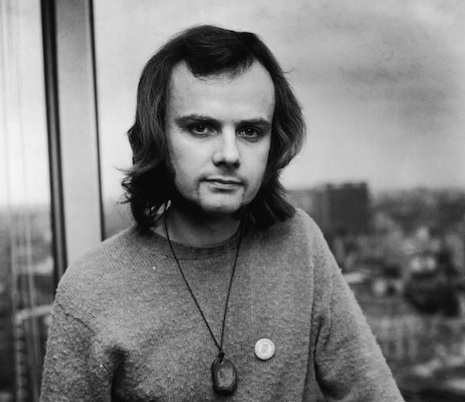
John Peel
Once upon a time, long, long before TV and computer technology made them all irrelevant, the radio disc jockey was the person millions turned to in order to hear the latest, hippest, grooviest tunes their earholes could handle.
Radio DJs were the arbiters of sound, music, information, gossip, jokes, fashion and news—a bit like the Internet, except far, far more cuddly—as some of those who got too close to them unfortunately found out.
In Britain during those promiscuous 1970s, millions of youngsters were shocking their parents by going to bed with John Peel and waking up with Tony Blackburn… and his dog Arnold. The sound of the DJs could be heard everywhere—from cars, shops, kitchens, homes, factories, schoolyards and those dinky little pocket radios that everyone and their Mom seemed to have, dangling from plastic wristbands.
The music revolution of the 1960s really began with the arrival of cheap polyvinyl chloride in the fifties which meant record companies could mass produce singles and albums. Previously record discs had been made of the far more expensive Bakelite. The PVC revolution tied in very neatly with the incredible flourishing of young musical talent—and so the Swinging Sixties were born.
Suddenly youngsters wanted to hear music before they bought it, or even if they didn’t buy it. This gave rise to Pirate Radio. At the time the BBC was the only organization in Britain with the license to transmit radio shows. However a small loophole in maritime law allowed DJs to broadcast from ships anchored just outside UK waters. And so pop-pickers Pirate Radio was born.

Radio genius Kenny Everett.
In 1967 the BBC admitted defeat and launched Radio One—a youth radio station for pop music. Radio One became the biggest and most successful radio station in the country with generation after generation of youngsters learning their love of music or finding their inspiration to form bands from listening to the station’s DJs.
This BBC documentary from 1970 looks at the rise of the Radio One DJ and features Emperor Rosko, John Peel, Kenny Everett and Tony Blackburn—a rum bunch of four very different radio hosts. Condescending in tone throughout, the documentary voice over even has the temerity to suggest that sex with fans was one of the perks of working for the BBC—-shurely not:
Radio One belongs to the taxpayer and doesn’t splash princely salaries around for men like Emperor Rosko. He accepts the BBC’s shop policy of paying low wages as both sides know about the big big perks that can accompany the adulation of this new empire—British teeny boppers.
The interviewer then grills one poor little teenybopper about her infatuation with Emperor Rosko:
“I listen to him and I like listening to his voice and I get carried away” says one young besotted teenager about the subject of her adoration DJ Emperor Rosko:
“What do you mean you get carried away?” says Ms. Prim from the BBC
“I just hear his voice and I imagine him…” says adoring young fan.
“When you say you imagine him…you imagine him doing what?” continues our interrogator.
“Talking and smiling and…all the actions with it. It’s just good.”
“And where do you do your listen to this?”
“In the bedroom.”







